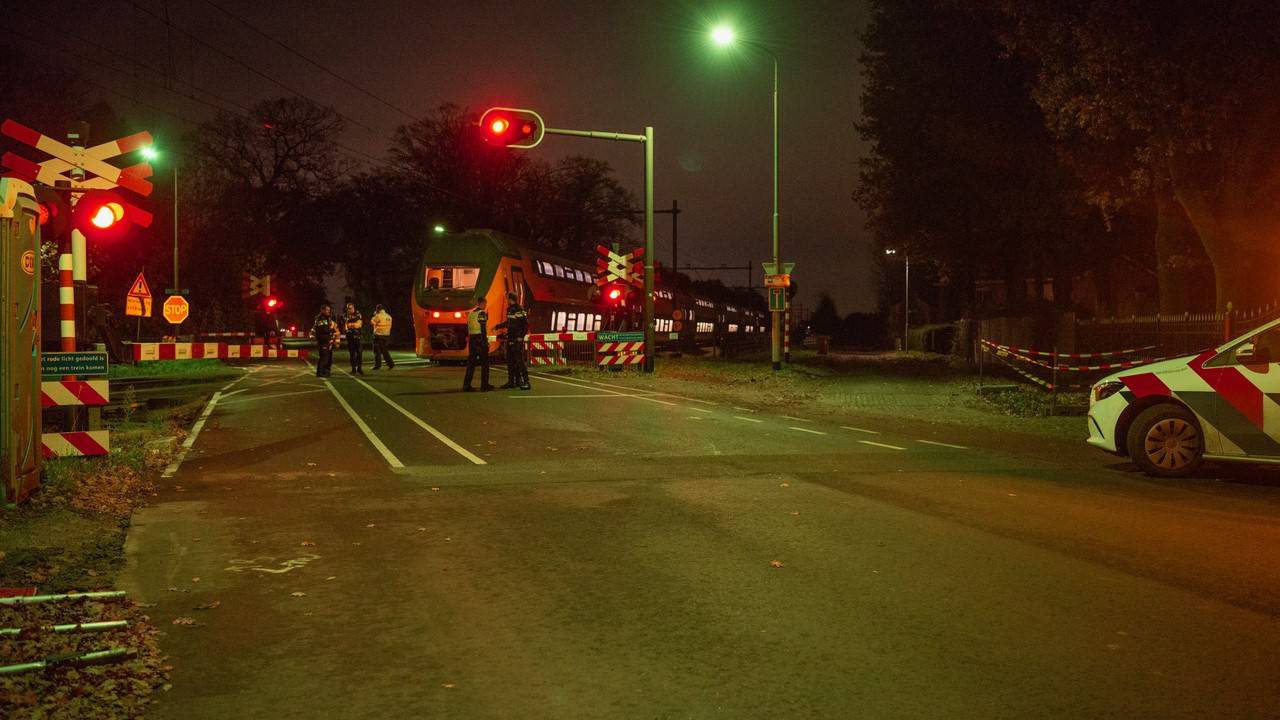The 1is January 2024, sorting at source of bio-waste (garden waste, food and kitchen waste, etc.) and their recovery become mandatory. This also applies to public waste management services. Communities can encourage sorting at source and on-site recovery or organize separate collection with industrial recovery. More than a hundred communities (Lille, Bordeaux or Rennes, Niort, Lorient, Nevers, Pau, etc.) have initiated a process of sorting at source and separate collection of bio-waste. Siom, a mixed household waste union in Vallée-de-Chevreuse*, goes further: it has been collecting and recycling bio-waste for a year and a half. Its president, Jean-François Vigier, mayor of Bures-sur-Yvette (Essonne, 9,442 inhabitants) and member of the office of the Association of Mayors of France (AMF), agreed to share his experience with us.
Have you chosen to collect and recycle bio-waste from April 2022?
Indeed, at the Vallée-de-Chevreuse household waste union, we are pioneers. We have decided to anticipate the legal obligation and offer the collection of bio-waste in the territory from April 4, 2022. The population, made up mainly of researchers, teachers and executives, is sensitive to questions of waste reduction and circular economy. We have chosen to deploy this new service gradually. First of all, on a voluntary basis in the residential sector, by combining the collection of bio-waste with a reduction in the frequency of household waste collection: it is collected once a week and no longer twice, the second round being devoted to bio-waste. . And, in November 2022, the collection of biowaste was extended to voluntary buildings. To my knowledge, we are the only union to have deployed bio-waste collection throughout its territory. Other communities have started, but simply as part of an experiment. Thus, at the Waste Conference in Nantes last September, three months before the legal obligation, few participants had already started.
Why use volunteering?
The choice of volunteering is important, because deploying this type of collection across all the pavilions would have been very expensive for very small quantities of waste collected. In addition, progressive deployment makes it possible to adapt human and material resources as demand arises. Initially, we started with 4,000 candidate pavilions, or around 10% of the fleet. Today, more than 5,000 benefit from it. These residents are aware of waste management, they often have a composter in their garden. For them, it is just an extra step and they make very few sorting errors. At 1is January 2024, we will be able to offer bio-waste collection to anyone who requests it. Currently, we are also considering the creation of voluntary drop-off points for cities that wish to do so. And we are going to relaunch an information campaign to encourage people who want to compost. Since the start of the year, we have already distributed 5,000 composters.
What happens to the bio-waste you collect?
To process this bio-waste, we made a call for tenders to choose a company that methanizes it, to transform it into gas. The collection company brings them to a site located in Seine-et-Marne, where they are separated from the plastic bags and converted into gas.
What can you advise other communities?
It is important to raise awareness among elected officials and union members of the need to get started, but also to communicate a lot with residents in a positive way. Thus, from 2016, we supported the sorting of all packaging in the yellow bin – while some communities only started on 1is January 2023. We then communicated a lot, explaining to fellow citizens that we were following a virtuous approach and that working on reducing waste was an interesting exercise. Transforming waste into gas responds to the energy transition approach. There are no sanctions planned at the moment for communities which do not respect the obligation to collect bio-waste in January 2024, but the story goes in the direction of waste reduction and the circular economy. Of course, operating and servicing a bio-waste collection represents a cost but at Siom, by having reduced the frequency of household waste collection, we manage to find a certain balance.
What is the position of the AMF of which you are a member of the board?
The AMF has always ensured that freedom is given to communities to develop their public policies. But if she is aware of the legal obligation, she is also attentive to the question of the cost of these policies. We must have the financial means to carry out policies that require significant investments: collection of bio-waste, construction of sorting centers and “resource centers”… All these new services have a cost, so we must have fiscal resources. This is what we ask of the State, which tends to take them away from us. We want to have the means to deploy our policies through taxation. Our union, which is nevertheless particularly virtuous, sees its general tax on polluting activities, the TGAP, increase by one billion euros over four years. In fact, the State wants to penalize communities that bury their waste, but the calculation means that our TGAP increases despite everything. However, if we lose taxation and fiscal resources, we will no longer be able to do anything…
Comments collected by Martine Courgnaud-Del Ry
* The Siom intervenes in the community of communes of Haute-Vallée-de-Chevreuse (Yvelines, 10 communes, 25,500 inhabitants) and in the agglomeration community Communauté Paris-Saclay (Essonne, 27 communes, 318,000 inhabitants).
#January #offer #biowaste #collection #requests #Public #service #news


